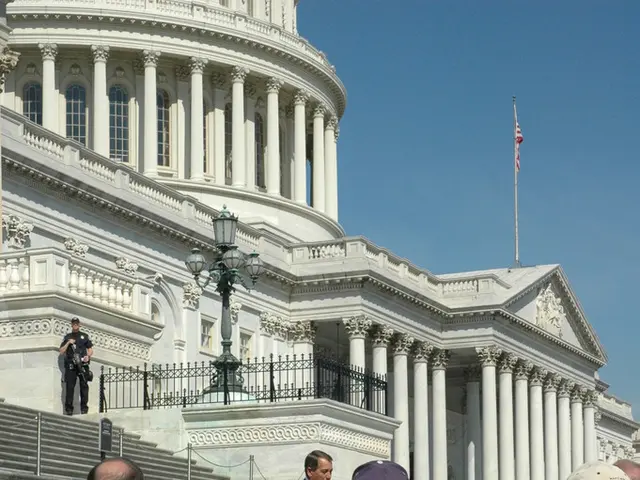New Ransomware Group 'Embargo' Disrupts US Healthcare, Demands Up to $1.3M
The cybercrime landscape has seen a new player emerge, 'Embargo', a ransomware group that has swiftly made its mark since April 2024. Operating globally but with a focus on the USA, Embargo employs a double extortion tactic, encrypting data and threatening to leak sensitive information if ransom demands are not met.
Embargo has been particularly active in the healthcare sector, causing significant disruption to companies in the USA. Its ransom demands have soared to as much as $1.3 million. The group's modus operandi involves exploiting unpatched software vulnerabilities or using social engineering tactics to gain access to systems. Once infiltrated, Embargo encrypts data and exfiltrates sensitive information, using artificial intelligence and machine learning to scale attacks and expedite operations.
Investigations suggest that Embargo may be a rebranding or successor of BlackCat, with similarities in encryption methods, ransom notes style, and attack tactics. The group launders ransom payments through a complex network of intermediary wallets, high-risk exchanges, and even sanctioned platforms like Cryptex.net. Despite generating around $34.2 million in transaction volumes, approximately $18.8 million in victim funds remains on unassociated addresses, indicating deliberate evasion tactics.
Embargo's impact on the USA, particularly in healthcare, business services, and manufacturing, is substantial. With its sophisticated tactics and global reach, the group poses a significant threat to businesses worldwide. As Embargo continues to evolve, understanding its origins and operational methods is crucial for developing effective countermeasures.
Read also:
- Setting Up and Expanding Operations at a Soil Blending Facility
- Surveying the Scene: Legality, Drones, and American Anti-Terror Strategy
- Regional University's healthcare system strengthened through collaborative partnership with Chancellor Dr Fiona Hill
- Reminisced University Trustee David M. Flaum as a 'fervent advocate' for the University and community








